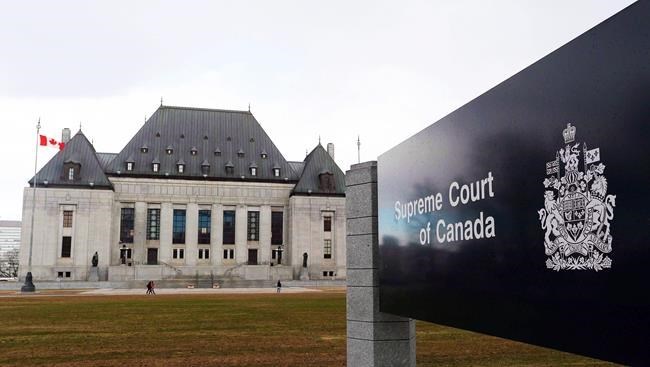Just two years have passed since the Supreme Court of sa���ʴ�ý affirmed the right to assisted dying. In that short period, the way we think about life’s ending has begun to change.
From the earliest times, death was feared for the suffering it might cause, and for the uncertainty and dread that preceded it. We had no choice in the matter of when and how the moment arrived, at least none that was legally sanctioned, and more than that, medically assisted.
But now we do have a choice, and suddenly, a degree of control. While dying remains the universal experience, the threat of pain and indignity has been lessened.
On Tuesday a Vancouver Island man, Ed Ness, took this path. Diagnosed with incurable lung cancer, Ness had no wish for a painful and lingering end. Instead, he died as he preferred, peacefully, surrounded by family and friends.
Yet sitting down to choose the day and hour of one’s death is a daunting prospect. It can be more difficult for loved ones to bear than a “natural” death.
And ethical issues still remain. Some physicians — and some patients — want nothing to do with this option. Those with religious faith believe the timing of death should remain God’s choice, not ours.
But now the legal obstacles have been removed, the focus of the debate has changed. Suddenly there are practicalities to absorb, such as how and when and why.
And there is one important consideration to wrestle with. The legislation passed by parliament requires that a person choosing assisted death must remain capable of consenting up to the moment the procedure begins.
This often rules out patients with dementia, even if they gave written consent in the past. And it sets up an invidious dilemma.
A patient who waits too long might be judged incapable of giving consent. That puts pressure on individuals whose faculties are declining but might still have a little time left.
sa���ʴ�ý labour leader John Shields, who chose assisted death and died last month, faced such a dilemma. His wife told reporters that Shields’ physician offered him two dates for the procedure, the next day, or two weeks hence.
Neither wished the earlier date, but both feared if they waited two weeks, they might have waited too long. In the event, they chose the later date, but this is a choice no one should face.
So long as consent is clearly given and recorded some reasonable period in advance — not years, perhaps, but not hours — that should suffice. The law as it stands is needlessly cruel.
But let’s return to the matter of control. People who choose assisted death gain more than relief from pain and suffering.
They gain the ability to plan their last moments, and also, perhaps, the place where they will die — there are anecdotes of people choosing solariums, a garden nook, a favourite chair. And there is the opportunity for patients to gather family members, and organize a celebration of their life — in effect a living wake. While this choice is not for everyone, it is for some a source of comfort to be back in charge.
And Vancouver Island leads the country, by a wide margin, in the proportion of people electing assisted dying. Perhaps that’s because seniors here have a tendency toward independence. When the time comes, they will leave on their own terms. We also benefit from a supportive physician community.
While it will take years for the full impact to be known, what has emerged is a new way of dying, with its own rituals and ceremonies.
In that respect it does seem we have set foot on a road with a different ending.



